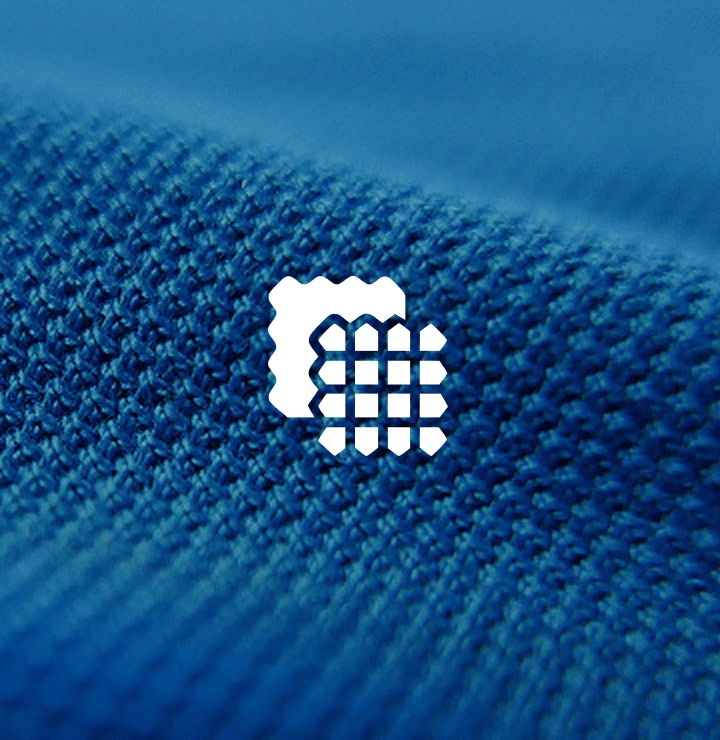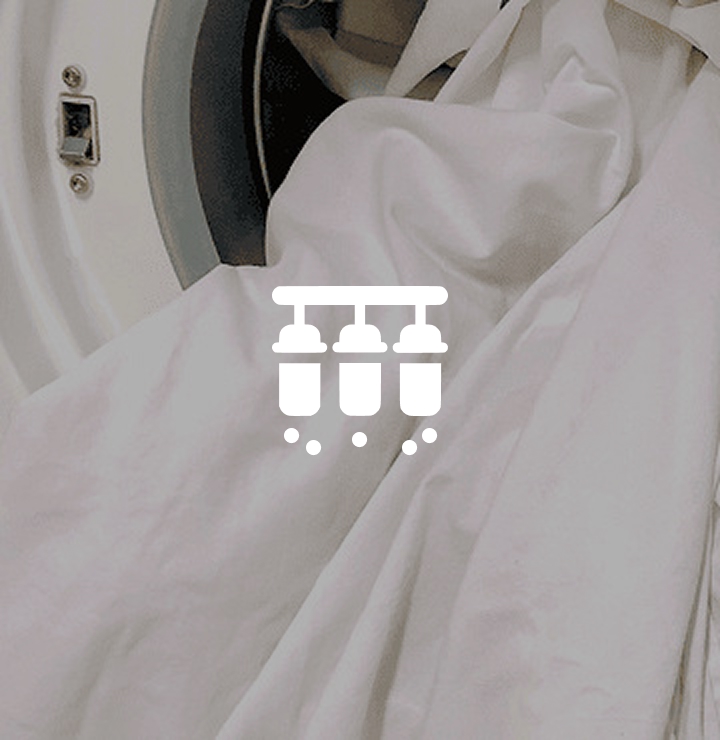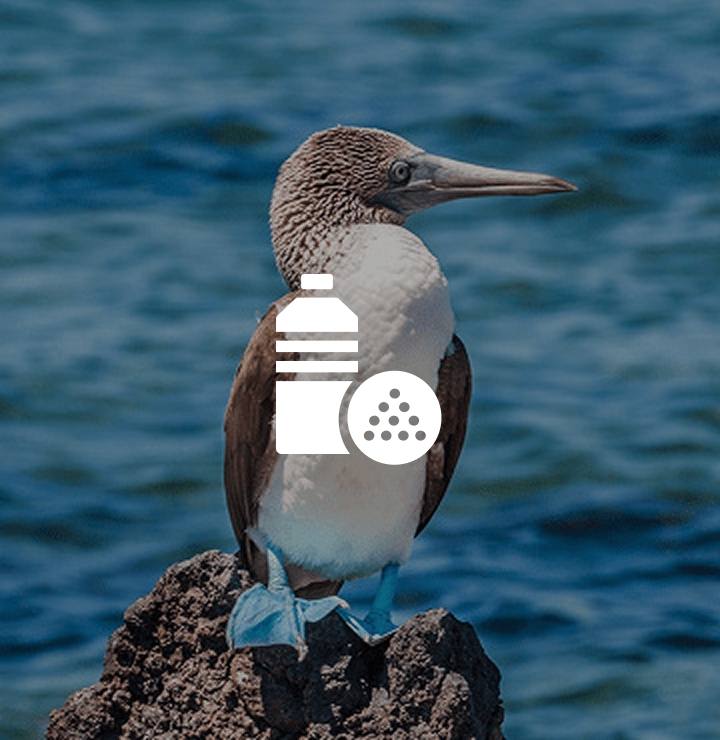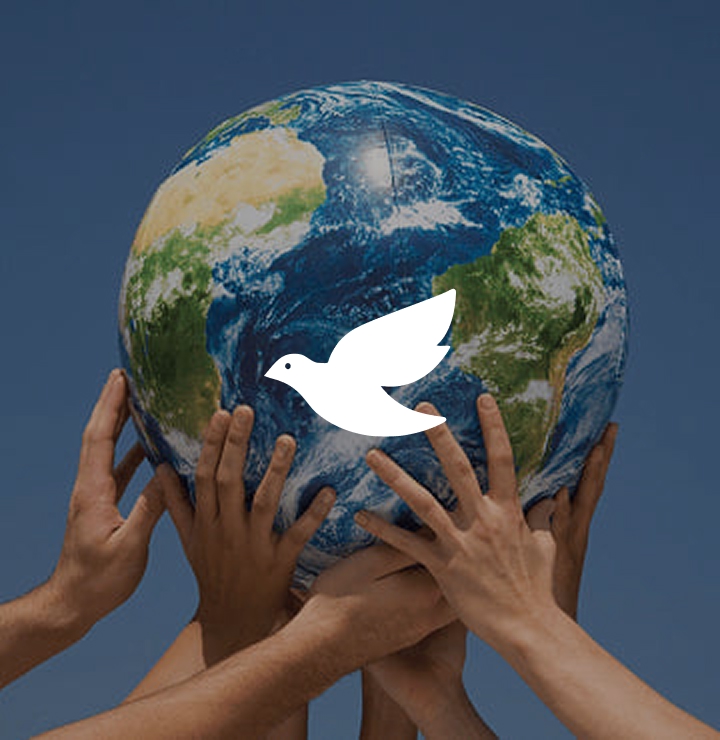How Samsung Developed a
Washing Machine
that Reduces Microplastics
Washing Machine
that Reduces Microplastics
Scroll down
스크롤 아래로 내리기
The clothes you
are wearing,
what are they made of?
Take a closer look at their tags.
You might see that synthetic fiber, such as
polyester, nylon and acrylic are included.
As synthetic fiber is more affordable and durable,
and are lighter than natural fiber,
60% of the clothes we wear are made of plastic-
based synthetic materials.
Microplastics generated from clothes made of synthetic materials
-
Sure, synthetic has its many advantages.
But it releases microfiber into the air and water,
when we wear them, and we we wash and dry them.
/
Reducing microplastics
is saving our future
Because our ecosystems are circular, they are is saving our future
directly connected with
our daily lives.
Therefore, we need to focus on
more holistically protecting
our environment. Efforts by businesses are needed to reduce
microplastics and
help save our future.
That’s why Samsung Electronics introduced
Less Microfiber Cycle.
Samsung
Electronics’
Less Microfiber Cycle
was developed
through cross-
industry
collaboration.
Electronics’
Less Microfiber Cycle
was developed
through cross-
industry
collaboration.










